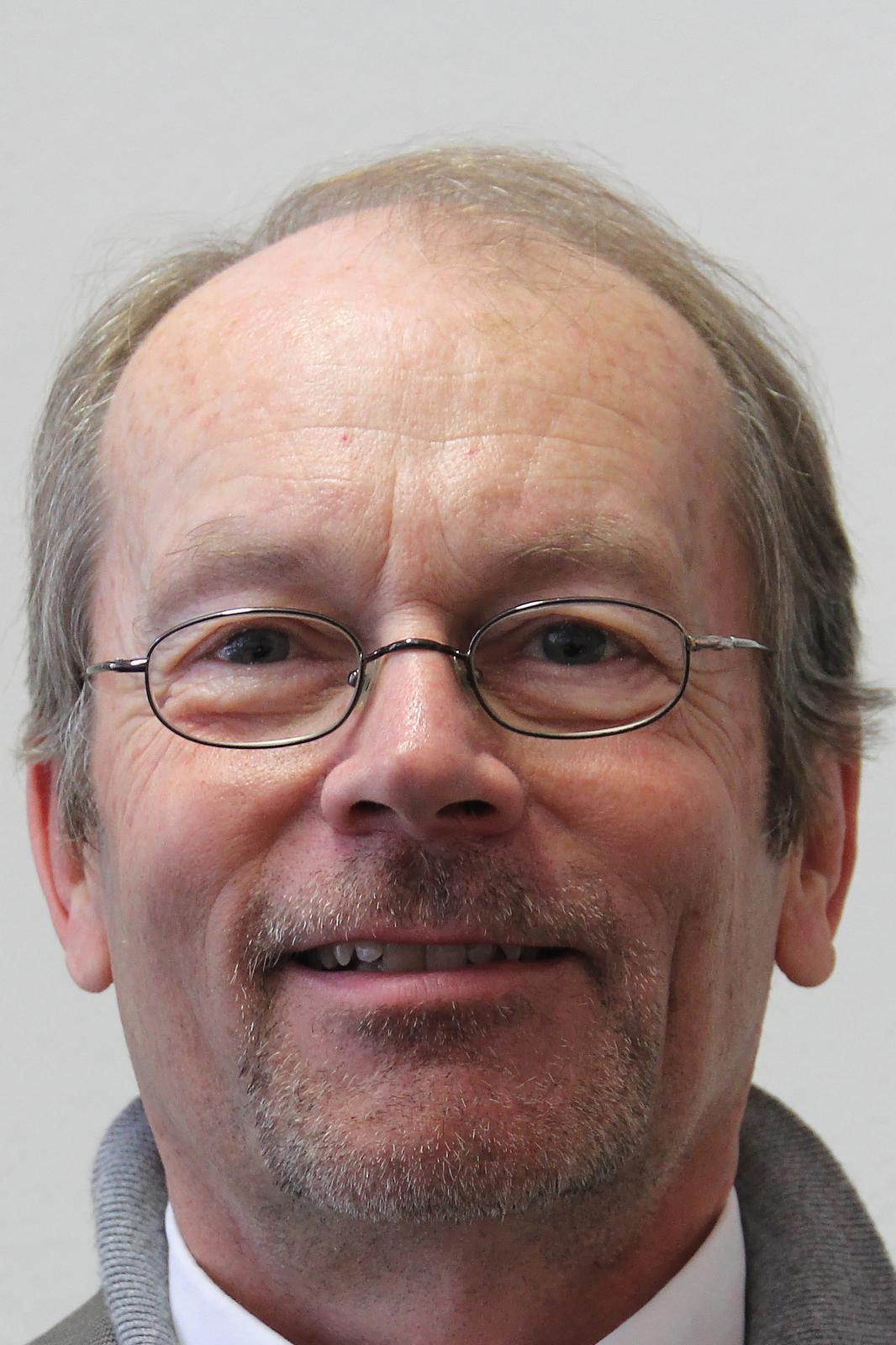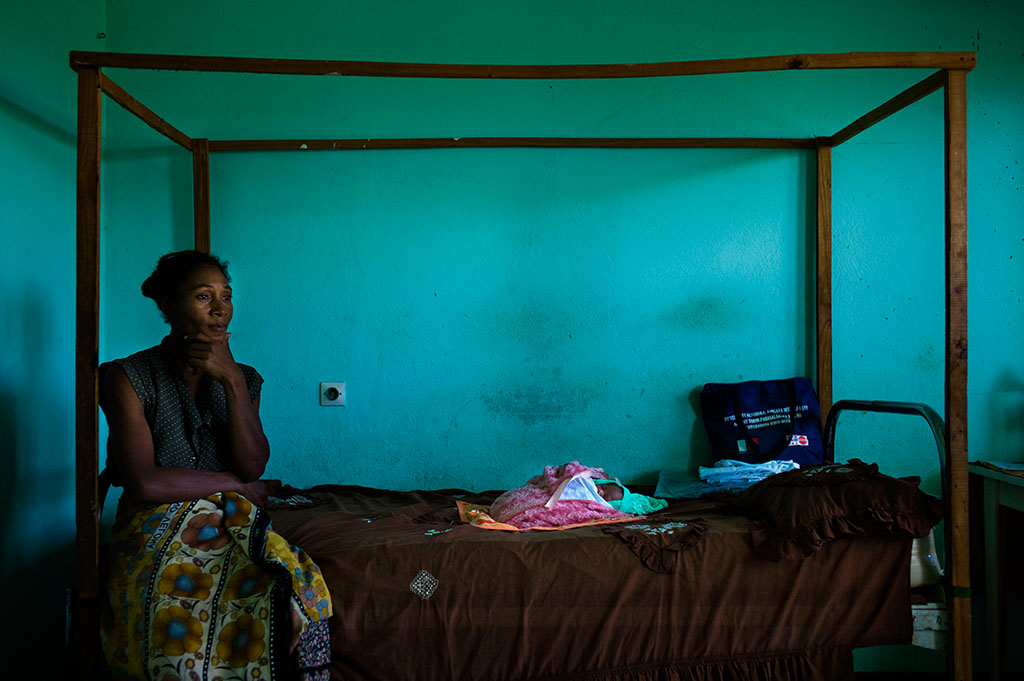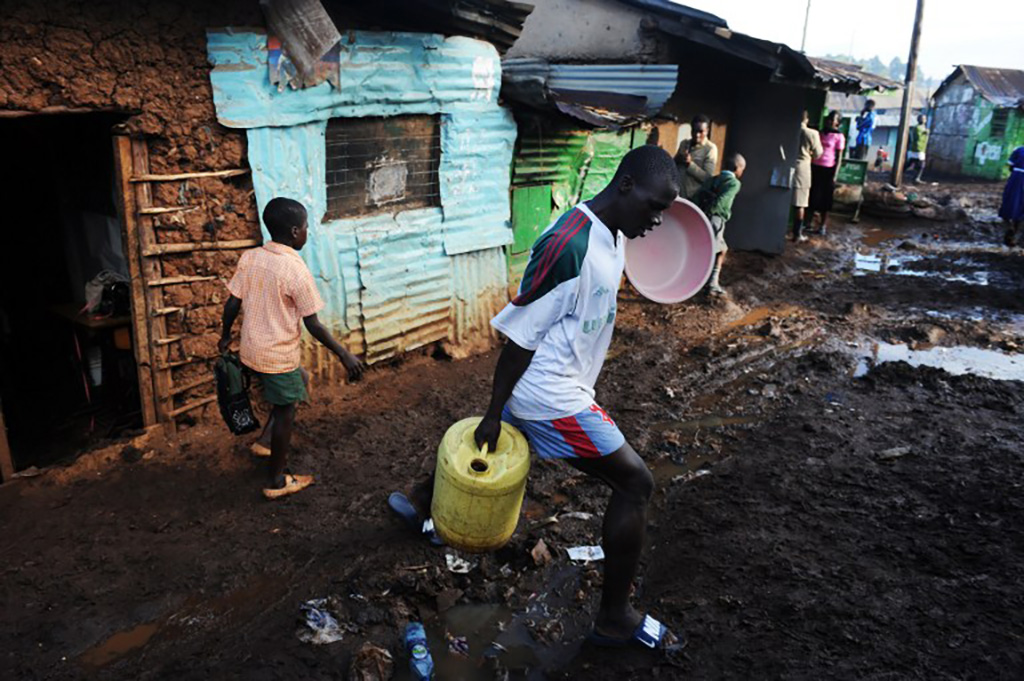The Millennium Development Goals as global governance
The United Nations has engaged in innovative new methods of engagement to identify post-2015 development goals. But it remains to be seen how far the UN has the institutional capacity to manage and sustain the effort, writes Graduate Institute professor Thomas Biersteker.
The eight Millennium Development Goals (MDGs) established after the United Nations Millennium Summit in 2000 have defined priorities for UN work on international development for the past decade, shaping both UN and global development policy and practice. While the achievement of the MDGs to date has been uneven within and across issues, regions and individual countries, the purpose of establishing the goals was to achieve measurable outcomes in development performance by 2015. Like most international institutions, the idea of establishing global goals for international development contains a self-reproducing logic, and UN Secretary-General Ban Ki Moon launched formal and informal discussions about the renewal of the MDGs beyond 2015 more than three years ago.
The establishment of global goals makes intuitive sense, but who decides the goals? What is the process for determining which goals receive priority attention? These are critical questions, because the establishment of goals frames policy practice, simultaneously creating both institutional winners and losers. In the final analysis, the determination of goals is fundamentally a question of global governance.
Global governance is an inter-subjectively recognized, purposive order at the global level that defines, constrains and shapes actor expectations in an issue domain. It is a system of authoritative rule or rules (with varying degrees of institutionalization) that functions and operates at the global level. In order for a system of authoritative rules to operate at a global level, they need not be universally practiced or universally recognized as legitimate. They need only be widely shared and practiced on a global scale (on multiple continents) by relevant and important actors.

Not all systems of governance are necessarily “good” or normatively desirable. A great deal of the discussion of global governance implicitly assumes that the governance of the world is normatively a good thing, but this is not necessarily the case. An issue domain can be governed poorly, but it is still governed nonetheless.
For this reason, it is important to articulate criteria for the evaluation of the normative quality of governance at the global level. Exploring normative aspects of governance is also a way of bringing politics back into the discussion of governance. Too much of the literature on global governance remains at a managerial, technical, and descriptive level, and does not explore the politics of global governance or question who might benefit from different global governance arrangements and why.
Global governance can and should be evaluated according to a number of different normatively derived, defended and distinguishable criteria, including: inclusiveness, representativeness, adaptability, effectiveness and efficiency, accountability, legitimacy and fairness, among others.How does the process of extending the MDGs beyond 2015 stand up to these criteria for the evaluation of global governance quality? Following widespread criticism of the way the initial eight MDGs were determined, the UN has engaged in an unprecedented process of global engagement with different stakeholders. In addition to consultations with states at the national and regional level, it has also employed a wide variety of means—from social media, crowd-sourcing, formal consultations, and surveys of international public opinion reaching over a million people—to engage elements of global civil society in its eleven different thematic consultation processes. There has been extensive outreach to business, youth and other non-state constituencies to generate ideas and buy in for “the world we want”.
With regard to inclusiveness, the UN has done well in terms of global engagement, not only through traditional means such as consultations with member states and eventual endorsement from all the members of the UN General Assembly, but also from elements of global civil society, as indicated above.
Genuine representativeness, as usual, has been somewhat more difficult to achieve. While the demographics of the Secretary-General’s specially appointed High-Level Panel of eminent persons on the Post-2015 Development Agenda are balanced fairly evenly in North–South and gender terms (if not in demographic terms), the process of drafting key documents for the group has been dominated by those in a position to articulate ideas in a language familiar to the global community of development practitioners. Thus, the Washington, D.C.-based Brookings Institution and the United Nations Development Programme headquarters have taken the lead in drafting the High-Level report, along with representatives of Oxford, New York University, and Canada’s North-South Institute.
It remains to be seen how adaptable the goals are likely to be. Once they are formally determined, it is unlikely that the goals will be subject to major modification, just as the initial goals established after the 2000 Summit remained largely intact following their articulation (despite the fact that they were criticized for being too narrow, top-down, and over-simplified). While maintaining goals sustains their legitimacy and increases the likelihood they will achieve results, it does not contribute to flexible adaptation to suit what will inevitably be the changing demands of global development over the next 15 years. And while there is great promise, the merging of the environmental sustainability agenda with the development agenda brings together two distinct communities whose priorities and goals may not always prove to be complementary.
The extent to which the post-2015 goals will identify the most important development needs over the course of the next decade will determine their effectiveness, a key element for their ultimate legitimacy as goals. To its credit, the UN has attempted to engage in innovative new methods of engagement in the determination of the post-2015 development goals. It remains to be seen, however, the extent to which the UN itself has the institutional capacity to manage and sustain the effort.
©The Graduate Institute, Geneva
This article was published in GlobeExternal link, the Graduate Institute Review.
Opinion series
swissinfo.ch publishes op-ed articles by contributors writing on a wide range of topics – Swiss issues or those that impact Switzerland. Over time, the selection of articles will present a diversity of opinions designed to enrich the debate on the issues discussed.

In compliance with the JTI standards
More: SWI swissinfo.ch certified by the Journalism Trust Initiative











You can find an overview of ongoing debates with our journalists here . Please join us!
If you want to start a conversation about a topic raised in this article or want to report factual errors, email us at english@swissinfo.ch.